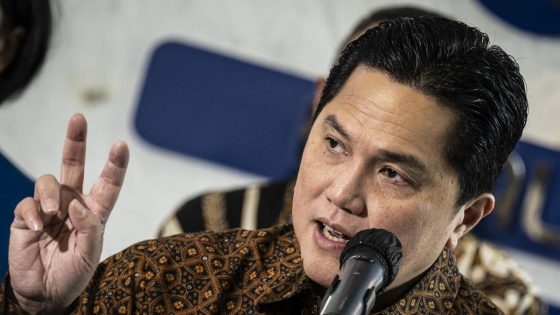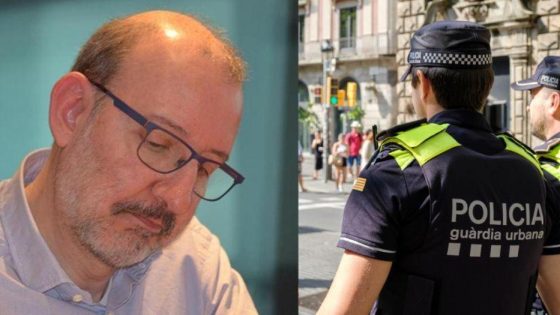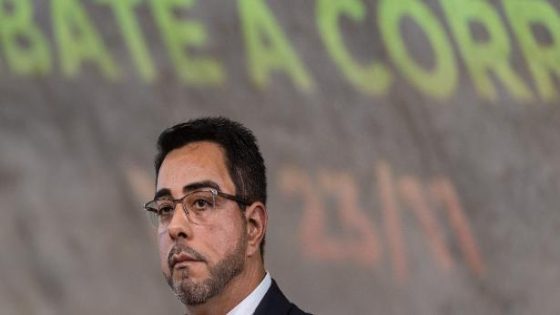On February 13, 2025, a surprising ruling was made in the corruption case involving Harvey Moeis and four others. The Jakarta High Court increased their sentences, marking a significant turn in the legal proceedings. How does this impact the fight against corruption in Indonesia?
- Higher sentences for five corruption defendants
- Harvey Moeis sentenced to 20 years
- Helena Lim's sentence increased to 10 years
- Mochtar Riza receives 20-year prison term
- Suparta sentenced to 19 years in prison
- Reza Andriansyah receives 10-year sentence
Jakarta High Court Increases Sentences for Corruption Defendants
Why are these new sentences so significant? The Jakarta High Court’s decision to impose heavier penalties reflects a strong stance against corruption in Indonesia. This case, involving massive financial losses to the state, highlights the ongoing battle to ensure accountability among high-profile figures.
Key Details of the Corruption Case and Rulings
The court’s rulings have sent shockwaves through the legal community and the public alike. Here are some key points from the recent decisions:
- Harvey Moeis received a 20-year sentence, significantly higher than the previous 6.5 years.
- Helena Lim’s sentence was increased to 10 years from 5 years.
- Mochtar Riza Pahlevi Tabrani, former CEO of PT Timah, also received a 20-year sentence.
- Suparta, director of PT Refined Bangka Tin, was sentenced to 19 years.
Impact of Increased Sentences on Corruption in Indonesia
The Jakarta High Court’s decision to impose stricter sentences is a clear message that corruption will not be tolerated. This case not only affects the individuals involved but also sets a precedent for future cases. The increased penalties may deter others from engaging in corrupt practices, fostering a culture of accountability.
Public Reaction to the Rulings
The public response has been overwhelmingly positive, with many seeing this as a step towards greater transparency and justice in Indonesia. Citizens are hopeful that these rulings will lead to more rigorous enforcement of anti-corruption laws and encourage whistleblowers to come forward.
Future Implications for Corruption Cases in Indonesia
As the legal landscape evolves, these rulings may influence how future corruption cases are handled. Courts may adopt a more stringent approach, reflecting the public’s demand for justice. This shift could lead to more significant penalties for corrupt officials, ultimately benefiting the nation.
In conclusion, the Jakarta High Court’s recent rulings mark a pivotal moment in Indonesia’s fight against corruption. As the legal system adapts and evolves, the hope is that these changes will lead to a more transparent and accountable government.
































